Japan's Constitution in jeopardy
Updated: 2016-07-12 09:08
(China Daily)
|
||||||||
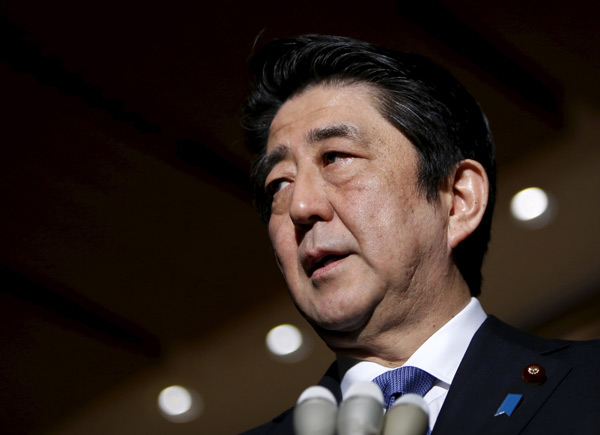 |
|
Japan's Prime Minister Shinzo Abe speaks to reporters at Abe's official residence in Tokyo, Japan, January 28, 2016. Japanese Prime Minister Shinzo Abe said on Thursday he wants the new economy minister, Nobuteru Ishihara, to continue the government's efforts to push through structural reforms. [Photo/Agencies] |
The victory of the ruling coalition led by Prime Minister Shinzo Abe in Japan's upper house election on Sunday may pose a threat to regional stability, as it could give Abe enough power to put Japan's postwar pacifist Constitution in jeopardy.
The victory is considered more a result of the lack of better choices and the electorate choosing to maintain the status quo, rather than their endorsing Abe's constitutional designs.
But over the past three years, Abe has exploited every opportunity to firmly push forward his political agenda and gradually overturn 70 years of pacifism in Japan despite public protests. Abe has managed to enact controversial security laws, which enable Japan's Self-Defense Forces to fight overseas for the first time since the end of World War II and made it possible for Japan to intervene militarily in regional conflicts.
The Abe administration has also cemented its alliance with the United States and begun meddling in issues that do not directly concern it, such as the disputes in the South China Sea.
As the ruling coalition looks set to secure the two-thirds majority necessary to set in motion Abe's long-cherished ambition to change the Constitution, the path Abe seems determined to embark upon is cause for alarm.
With Japan's pacifist Constitution at stake and Abe's power expanding, it is alarming both for Japan's Asian neighbors and Japan itself, as Japan's militarization will benefit neither.
Japan owes its rapid economic development in the initial decades after World War II partly to its promise of peace. Any deviation from that path may cost Japan heavily both in economic terms and in its relations with its neighbors.
And as Japan becomes more involved in overseas military conflicts, it will become less secure, not safer.
- Philippine, Japan coast guards to hold exercise off Manila Bay
- Dozens more arrests in Louisiana after leaders warn against protest violence
- South China Sea Issue ABC
- South China Sea Issue ABC: Why the Philippines' unilateral initiation of arbitration is against international law?
- EU: Strenghten partnerships to stop economic woes
- Fresh killings in Indian-controlled Kashmir clashes raise death toll to 21
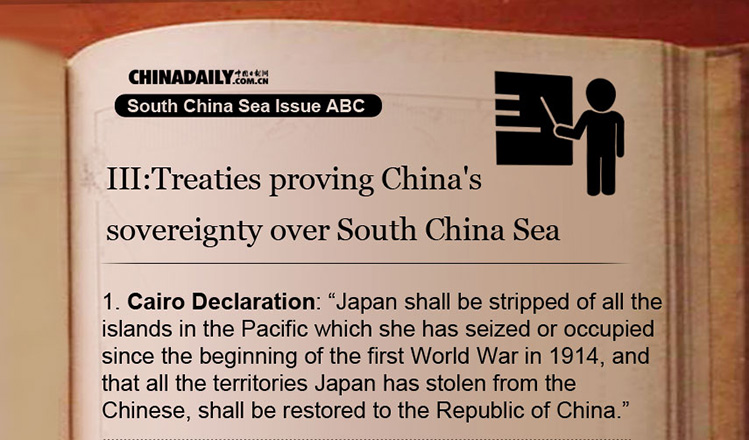
 Gettinig to know South China Sea Issue
Gettinig to know South China Sea Issue
 Ronaldo-less Portugal wins Euro 2016 title
Ronaldo-less Portugal wins Euro 2016 title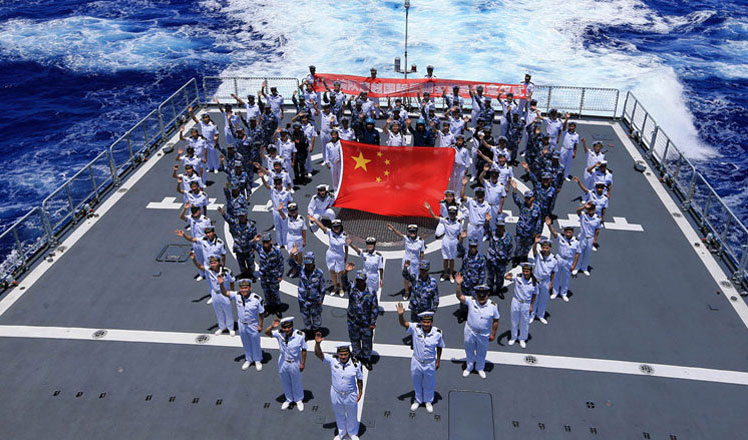
 Chinese navy fleet joins RIMPAC 2016 open day
Chinese navy fleet joins RIMPAC 2016 open day
 Staying cool at the zoo amid Shanghai heat wave
Staying cool at the zoo amid Shanghai heat wave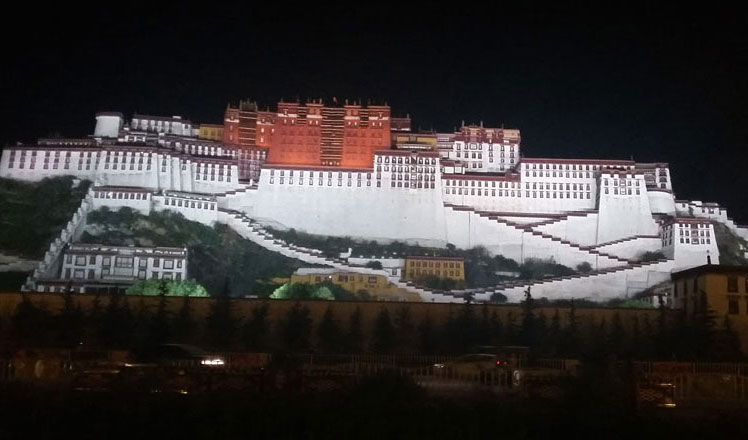
 Tibet through the lens of China Daily reporter
Tibet through the lens of China Daily reporter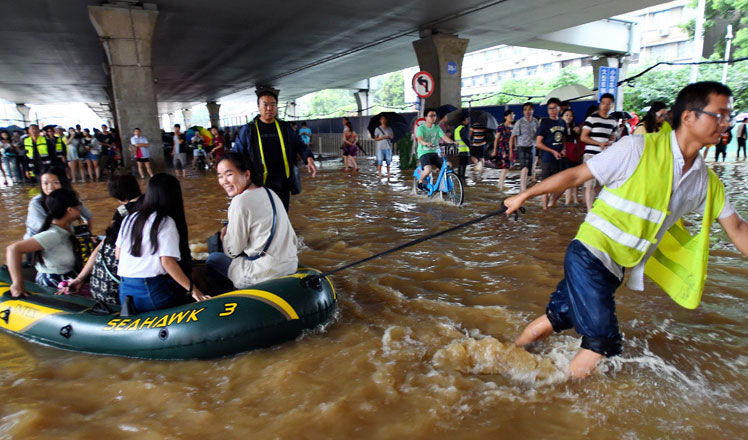
 On the front lines of the flood battle in China
On the front lines of the flood battle in China
 Griezmann scores twice to lift France into Euro final
Griezmann scores twice to lift France into Euro final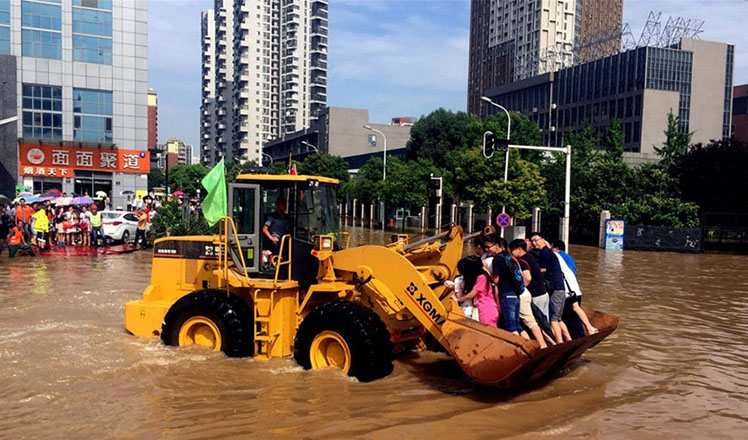
 Life goes on in flooded Wuhan
Life goes on in flooded Wuhan
Most Viewed
Editor's Picks

|

|

|

|

|

|
Today's Top News
Ministry slams US-Korean THAAD deployment
Two police officers shot at protest in Dallas
Abe's blame game reveals his policies failing to get results
Ending wildlife trafficking must be policy priority in Asia
Effects of supply-side reform take time to be seen
Chinese State Councilor Yang Jiechi to meet Kerry
Chinese stocks surge on back of MSCI rumors
Liang avoids jail in shooting death
US Weekly

|

|







